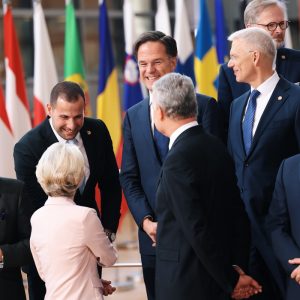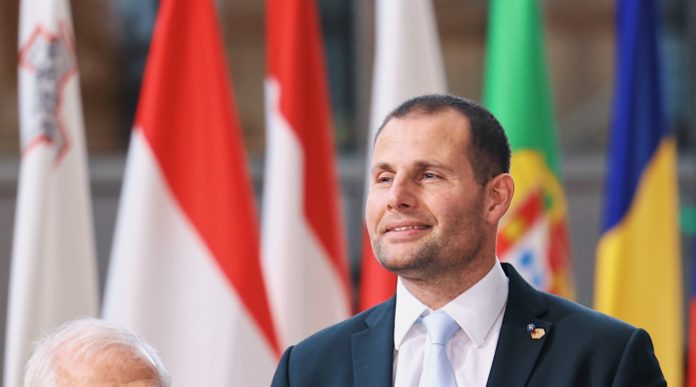The procedure in which grants are given by governments of European Union member states must be more efficient, including tax credits in strategic sectors that continue supporting environmental efforts. This is one of the key conclusions agreed by European leaders at the Special European Council held in Brussels on Thursday until the early hours of Friday.
Prime Minister Robert Abela highlighted this following the meetings that were held with European leaders. He was pleased that a reference to small and medium enterprises was included because as a country, we believe they are key partners and contributors to economic development. “This clearly shows that our message was heard,” the prime minister said as he explained that locally, the government engages and works well with social partners as they are crucial to our economic, social and environmental goals.
Regarding the economy, the prime minister said that there are bureaucratic challenges for small and medium enterprises and Malta agrees with more flexibility as part of the wider support. In the light of the cases in favour of flexibility regarding the support programmes, as certain countries are less able due to financial burdens, Malta made a strong case in favour of more flexibility as our country worked diligently and is in a strong fiscal position to allow for more help to be given with less bureaucracy involved, just as was done during the pandemic.

The Prime Minister said that this must be done to enhance competitiveness, even on an EU level, as the United States announced it will be subsidising green industries and whilst we must maintain our transatlantic ties, we must ensure that Europe remains attractive to these industries.
During the European Council, which was also attended by the Ukrainian President Volodomyr Zelenskyy, Malta reiterated its support for Ukraine by means of humanitarian aid, and reference was made to Malta’s seat at the United Nations Security Council, of which Malta currently holds the Presidency, and will thus continue its position against the war in Ukraine.
Migration was also discussed at the European Council, and Malta reiterated its call for more efforts to address human trafficking as part of wider organised crime. A call was also made for increased cooperation with FRONTEX, as this can reduce the number of lives lost at sea and the number of boats leaving North Africa, together with the hard work involved in the repatriation of migrants that are not eligible for asylum.
During the European Council, reference was also made to the human tragedy in Turkey and Syria following the earthquakes that struck the two counties, and European leaders agreed the important initiative of organising a conference for donors in order to give more tangible support to those impacted by the recent earthquakes.
Photos: OPM










